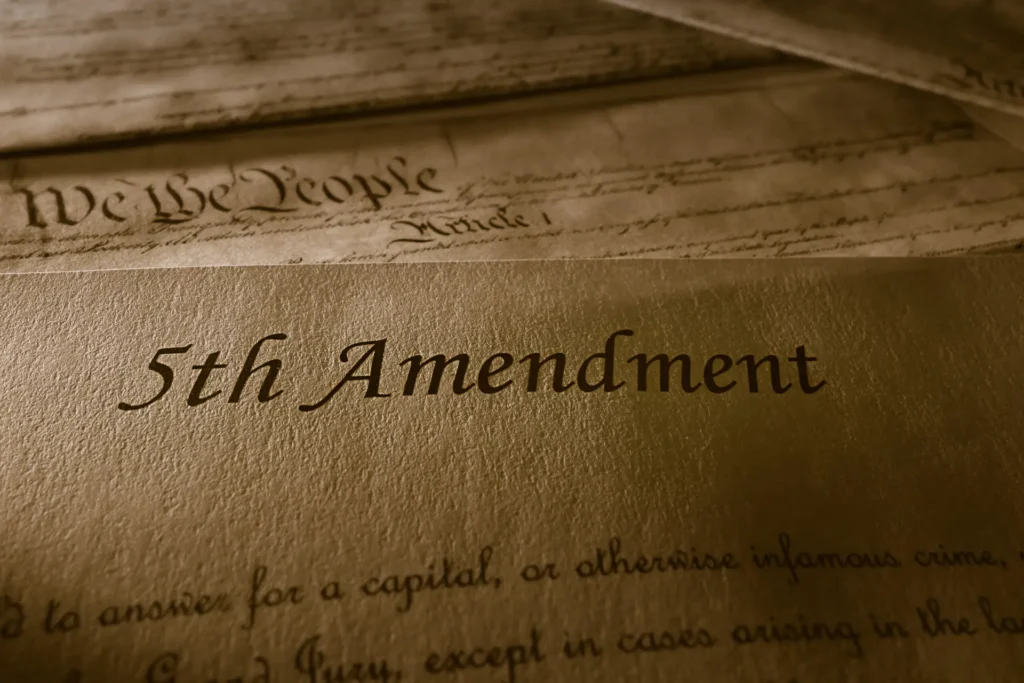Bill of Rights
What are the Bill of Rights?
The Bill of Rights is the first ten amendments to the U.S. Constitution, outlining fundamental rights and protections for individuals. Ratified in 1791, it guarantees freedoms such as speech, religion, and the press, as well as rights like due process and protection against unreasonable searches.
Why Freedom of Speech Matters
Freedom of speech, protected by the First Amendment, allows people to express their opinions without fear. This means you can share your thoughts, whether in a conversation, a protest, or online. For example, students might organize a rally to support a cause they believe in. This freedom encourages open discussion and new ideas. It’s one of the most important parts of the Bill of Rights.
How the Bill of Rights Protects You
The Bill of Rights ensures that the government cannot take away certain freedoms. It protects rights like the freedom of religion, the right to bear arms, and protection from cruel punishments. For instance, the Fourth Amendment prevents police from searching your home without a good reason or a warrant. These protections give people security and confidence in their rights. The Bill of Rights is a safeguard for everyone in the United States.
Why Justice is Important
Justice means being treated fairly, and the Bill of Rights ensures this through protections like the right to a fair trial. Without justice, people could be punished without evidence or lose their rights unfairly. For example, the Sixth Amendment guarantees that anyone accused of a crime has the right to a lawyer and a speedy trial. Justice creates trust in the legal system and protects everyone equally.
The Right to Privacy
The Fourth Amendment protects your right to privacy by limiting government searches and seizures. This means police need a warrant or a good reason to search your property. For example, if someone accuses you of stealing, the police can’t search your home without permission from a judge. This right ensures that people’s personal lives are protected. The Bill of Rights helps defend everyone’s privacy.
Freedom of Religion
The First Amendment guarantees the right to practice any religion—or no religion at all. This means the government can’t force you to follow a certain religion or stop you from practicing yours. For example, someone can choose to attend a church, mosque, or synagogue, or choose not to participate in religion at all. This freedom ensures everyone can follow their beliefs. It’s a key part of the Bill of Rights.
Why Rights Need Protection
Without the protections in the Bill of Rights, the government might have too much power over people’s lives. These rights ensure that everyone is treated equally and fairly. For instance, the Eighth Amendment prevents cruel and unusual punishments, no matter the crime. Protecting rights builds trust between the government and its citizens. It ensures that freedom is preserved for all.
The Right to a Fair Trial
The Bill of Rights guarantees a fair trial for anyone accused of a crime. This includes the right to a jury, a lawyer, and a speedy trial. For example, the Sixth Amendment makes sure someone doesn’t sit in jail for years waiting for a court date. Fair trials protect people from being wrongly punished. They are a key part of justice in America.
How the Bill of Rights Shapes Democracy
The Bill of Rights gives people the power to speak, protest, and participate in government without fear. It ensures that everyone has a voice in how the country is run. For example, the right to vote and petition the government helps citizens express their needs. By protecting these freedoms, the Bill of Rights strengthens democracy. It ensures that power stays with the people.
